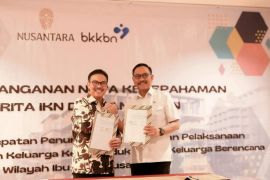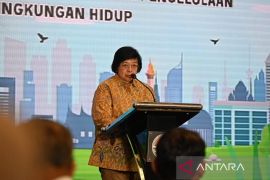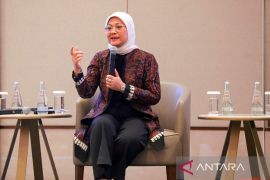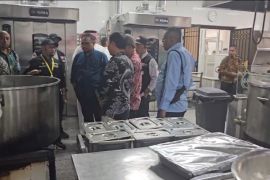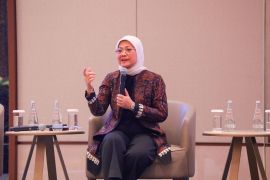TOKYO, Dec. 13, 2013 (ANTARA/Kyodo JBN - Asianet) --
The Tokyo Metropolitan Government, Tokyo Culture Creation Project Office of the Tokyo Metropolitan Foundation for History and Culture (TMFHC), and the Association for Corporate Support of the Arts jointly organized "Culture and Social Innovation: Tokyo Conference 2013" on October 25, 2013. The theme was "Cultural Perspectives in Re-thinking Economics," and featured Japanese and international guests from wide and diverse backgrounds who shared their insights and experiences.
(Photo: http://prw.kyodonews.jp/opn/release/201312137001/)
Professor Joseph Vogl of Humboldt University of Berlin explored history in his analysis of how the liberalization of financial markets has led to greater degrees of interdependence between states and markets, and how they came to wield overwhelming power over both the global economy and our societies. Katsuhito Iwai, Visiting Professor at International Christian University in Tokyo, spoke about the spread and potential of "fiduciary" relationships in societies which are experiencing intensified degrees of specialization and which seek to value knowledge and information.
The two keynote speakers were then joined by Pascal Brunet, Director of Relais Culture Europe; Felencia Hutabarat, Consultant for Creative Economy; Kazuhiko Yazaki, President and CEO, Felissimo Corporation; and Jun'ya Yamaide, Executive Director of NPO "BEPPU PROJECT" for a panel discussion, which was chaired by Taneo Kato, Executive Advisor of the TMFHC. The discussion touched upon the need for greater mutual understanding based on respect for distinctive local cultures and diversity around the world, the contemporary meaning of reciprocal gifting, and other forms of non-monetary-based economic relationships, and how to achieve the transition from self-interest to the maximization of the interests of society.
Responses included the following: the potential of the arts in creating new social relationships in the form of "public space" in today's societies, which are witnessing decreasing economic and political participation on the part of citizens, as well as the point that the arts and culture enable an alternative to capitalism -- a system that is based on power -- by enabling a separate, human-scale form of interaction with others.
The discussion also touched upon the increasing globalization of culture, and how diversity can be secured under these circumstances. The official website (http://tokyo-conference.jp) will host archival footage of this conference, and a summary of the proceedings will be made available.
SOURCE: Tokyo Culture Creation Project Office
Contact:
Makiko Yamaguchi
Tokyo Culture Creation Project Office
TMFHC
Tel: +81-3-5638-8803
E-mail: m-yamaguchi@bh-project.jp
Editor: PR Wire
Copyright © ANTARA 2013

